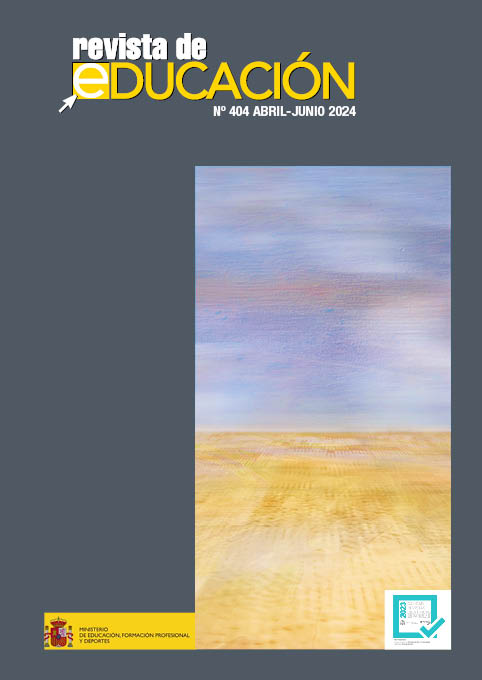Impact of an intervention based on dialogical gatherings and interactive groups for the development of prosocial behavior in a learning community
Main Article Content
Abstract
One of the aims of Learning Communities is the continuous search for the development of a better coexistence and solidarity attitudes by means of Successful Educational Actions. However, to date little is known about the impact of the interventions carried out in these types of schools for this purpose. That is why the objective of this study has been to find out if the main Successful Educational Actions, such as interactive groups and dialogic gatherings, contribute to improving the prosocial behavior of Primary and Secondary Education students. A longitudinal study was carried out in a Learning Community, in which 186 Primary and Secondary Education students participated, who filled out the Spanish Scale to Evaluate Prosocial Behavior with an intermediate intervention of 9 months. The results revealed that after the intervention, both Primary Education students and Secondary Education students did not show significant statistical differences in any of the dimensions of the Prosocial Behavior instrument, except in the dimension of Helping, in which students reduced their values along the time. These findings are relevant for education professionals with the purpose of reflecting on the type of methodologies and dynamics that are being carried out to improve coexistence and prosocial attitudes in their lessons, as well as in their schools.
Keywords: Prosocial behavior, successful educational actions, learning community, primary education, secondary education

